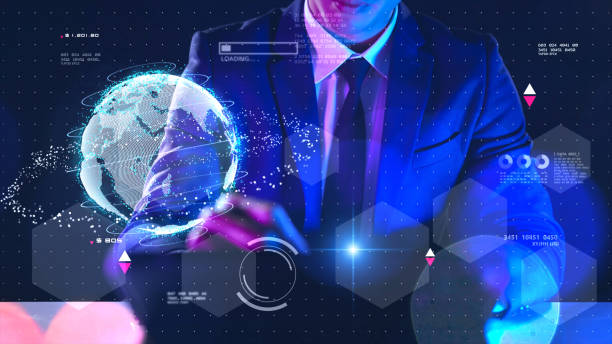Decentralized technology is the new wave of innovation sweeping across the world, bringing with it massive possibilities that we’ve never seen before. Its applications in our lives, from business to finance to entertainment and beyond, are nearly limitless; decentralized technology has the power to change the way we live, work and interact with one another in a way that no other technology ever has before. So, what exactly is Decentralized storage? And how will it change our future? Let’s look into these questions more closely so you can get a better understanding of where this trend came from and where it’s going next.
What is decentralization?
One of the most important, foundational questions in regards to this topic is what does decentralization mean? Decentralization can be loosely defined as distributing power or control over an activity, organization, or system equally among participants. There are many benefits to a decentralized system including increased privacy and security for users, more reliability in systems that require multiple stakeholders to operate, greater flexibility for innovation in business models, reduced costs for people who want to access services like money transfers or home rentals. One of the drawbacks of decentralization is that it requires a lot more cooperation from all parties involved. If one party decides not to cooperate with other parties on a project then it might be harder for them to reach their goals. A few examples of decentralized systems include block chain technology and crypto currencies such as Bit coin.
The advantages of decentralization
What is decentralized technology? Decentralization removes power from a central point and distributes it equally among all members. This approach has many advantages, but most notably, decentralization eliminates single points of failure. If a centralized system fails, then everyone else in that system will have to deal with the consequences. On the other hand, if a decentralized system fails, then only those specific parts of that system will be affected.
The disadvantages of decentralization
Decentralization has its drawbacks too. The system’s security relies on the users’ computing power, so if you can’t contribute to that, then you won’t be able to use the network. The system also requires a lot of resources, which means that not everyone will be able to use it because of bandwidth constraints. And finally, decentralization might not work as well for certain industries like healthcare where there are strict regulations about patient privacy.
Conclusion
In a world where data breaches seem to be happening every day, we need to find ways to protect our information.decentralized storing will help us do that, by providing more security for our data by distributing it across multiple devices. It also makes hacking more difficult because there are no central points of attack. With all of these benefits, we can’t afford not to adopt decentralized technology sooner rather than later.

